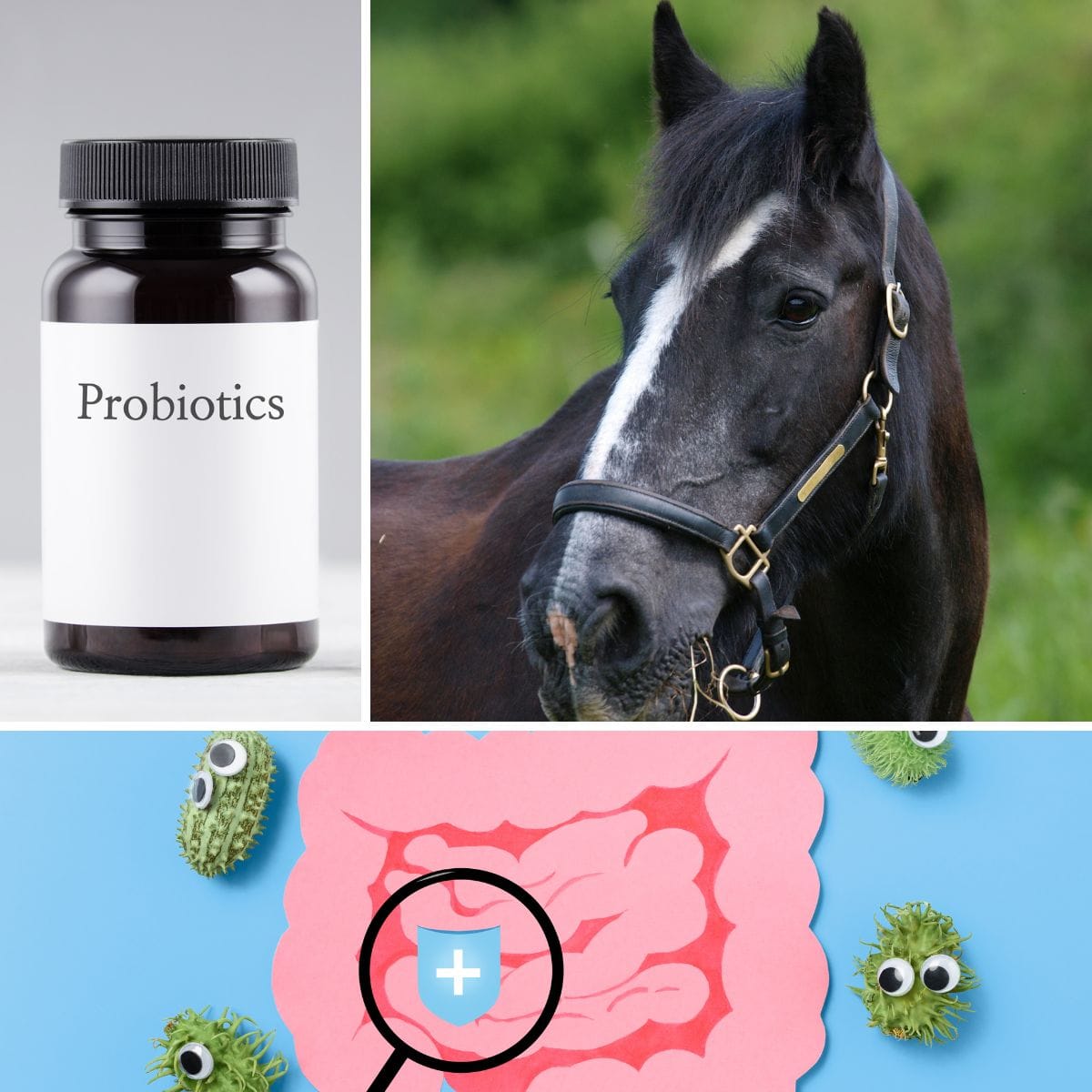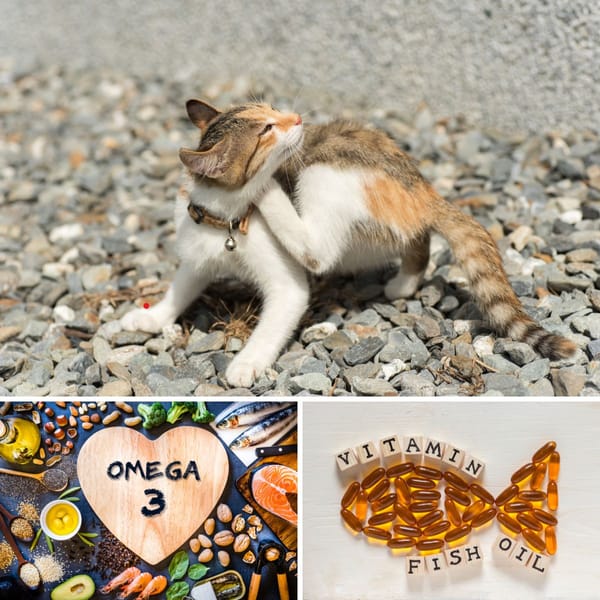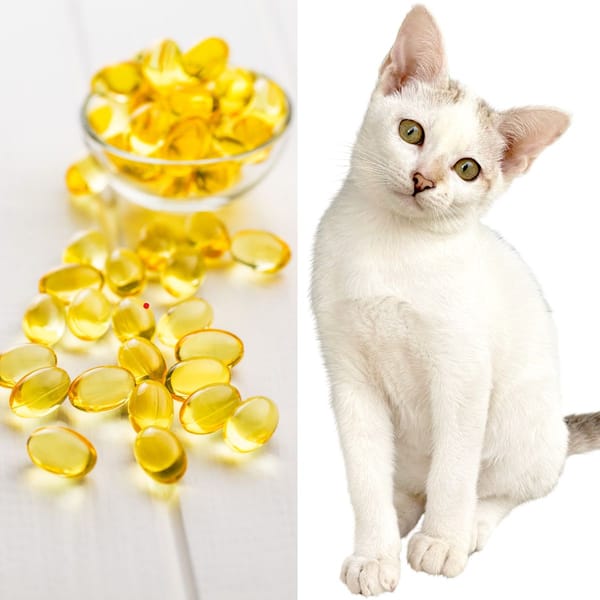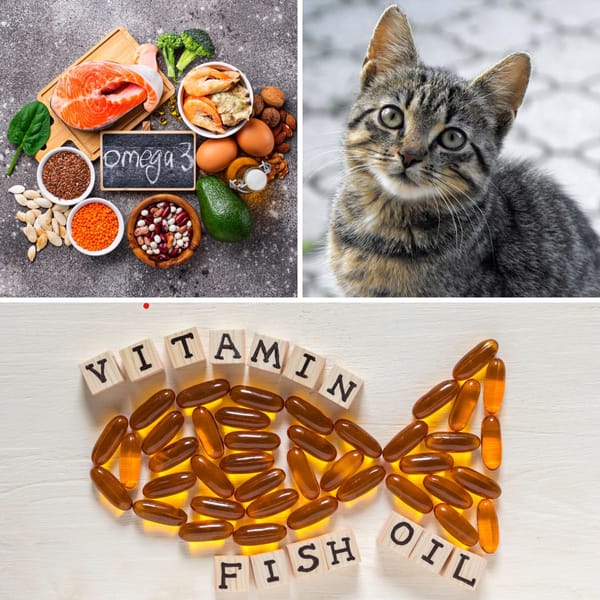Key Takeaways:
- Probiotics can significantly improve the digestive health and overall well-being of older horses.
- Specific strains of probiotics are more beneficial for senior horses, aiding in maintaining a healthy weight and immune system.
- Regular probiotic supplementation can help prevent digestive issues and enhance nutrient absorption in older horses.
As horses age, their nutritional needs and digestive capabilities change, necessitating a closer look at their diet and supplementation. Probiotics have emerged as a crucial component in maintaining the health and vitality of senior horses. This article delves into the world of probiotics, focusing on what probiotics are good for older horses, and how they can contribute to a healthy and happy life for our equine companions.
Understanding Probiotics and Their Role in Equine Health
Probiotics, as defined by the World Health Organization, are live organisms that confer a health benefit to the host when administered in adequate amounts. For horses, these beneficial bacteria and yeast play a pivotal role in supporting digestion, maintaining a healthy GI tract, and bolstering the horse's immune system. They work by enhancing the gut microflora, which is essential for proper digestion and absorption of nutrients.
The Aging Horse's Gut: Why Probiotics Matter
As horses become older, their digestive system may not function as efficiently as it once did. This can lead to issues such as loose stool, weight loss, and a general decline in well-being. Probiotic supplementation can help restore the balance of good bacteria in the horse's gut, improving gut motility and the integrity of the intestinal lining, which is vital for senior horses.
The Best Probiotic Strains for Senior Horses
Not all probiotics are created equal, especially when it comes to the unique needs of senior horses. Strains such as Lactobacillus acidophilus, Lactobacillus casei, Lactobacillus plantarum, and Saccharomyces cerevisiae have been identified as particularly beneficial for older equines. These strains help maintain a healthy gut environment, combat pathogenic bacteria, and support overall digestive health.
Colony Forming Units: Understanding the Numbers
When selecting probiotic supplements for horses, it's important to consider the number of colony-forming units (CFUs). This measurement indicates the amount of live, viable microorganisms in the supplement. For older horses, a higher CFU count may be necessary to ensure they are receiving an effective dose for their digestive support needs.
Probiotics and Digestive Enzymes: A Synergistic Approach
Combining probiotics with digestive enzymes can enhance the digestive process in senior horses. Enzymes help break down food particles, making it easier for the beneficial bacteria to do their job. This synergistic approach can lead to better nutrient absorption and a healthier weight for older horses.
The Impact of Diet on Probiotic Efficacy
A horse's diet can influence the effectiveness of probiotic supplementation. For probiotics to thrive and provide the maximum health benefits, they require a local environment rich in fiber and low in simple sugars. Ensuring that your senior horse's diet is balanced and tailored to their needs is crucial for the success of probiotic administration.
Probiotics and Hindgut Health: A Focus on Fiber Fermentation
The hindgut of a horse is where fiber fermentation occurs, thanks to the action of beneficial microorganisms. Probiotics can enhance this process, leading to better digestive health and energy production. This is particularly important for older horses, who may struggle with hindgut issues due to a lifetime of wear and tear on their digestive system.
Addressing Loose Stool in Senior Horses with Probiotics
Loose stool can be a common problem in older horses, often indicating a disruption in the gut microflora. Probiotic supplementation can help stabilize the digestive tract and firm up stools by promoting the growth of beneficial bacteria and restoring the balance within the gut. Sure, here are two new sections for your article:
Enhancing Nutrient Absorption in Adult Horses with Probiotics
When it comes to adult horses, every bite of food counts, especially as their bodies become less efficient at extracting nutrients. Probiotics for horses play a pivotal role in this aspect. These living microorganisms, particularly certain bacterial species, work tirelessly in the horse's gut to improve nutrient absorption. By breaking down food more effectively, probiotics ensure that senior horses get the most out of their meals, supporting their overall health and well-being.
Moreover, the presence of specific bacterial strains like Lactobacillus fermentum in the horse's diet can make a significant difference. These beneficial bacteria not only aid in healthy digestion but also contribute to the production of lactic acid, which helps maintain an optimal pH in the horse's stomach. This creates an environment where nutrients are more readily absorbed, and the horse's microbiome thrives, offering robust GI support.
Probiotic Treats and Supplements: Making Gut Health Tasty
When it comes to maintaining your horse's gut health, the idea of "treats" might not be the first thing that pops into your mind. But guess what? There are now probiotic treats and supplements that can make supporting your horse's microbiome a delicious affair. These treats are specially formulated with horses' probiotics to ensure that your equine friend is not only getting a tasty snack but also a dose of gut-friendly bacteria. It's like sneaking veggies into a kid's smoothie – they'll never know it's good for them!
Moreover, these probiotic supplements come in various forms, from powders to mix into your horse's diet to easy-to-administer pellets. This flexibility means you can tailor your approach to your horse's preferences, ensuring they get the full benefits without any fuss. It's a win-win situation where your horse's stomach and taste buds are both satisfied. Just remember to check the label for the right amount of colony-forming units to keep your senior horse's gut in tip-top shape.
The Link Between Gut Health and Behavior in Horses
Have you ever considered that your horse's gut health could be influencing its mood and behavior? It's not as far-fetched as it might sound. The well-being of a horse's microbiome is intricately connected to its overall demeanor. A balanced gut can lead to a happier, more relaxed horse, while an imbalanced one can cause discomfort, which may manifest in behavioral changes. It's like when we eat something that doesn't agree with us – we're not exactly the life of the party afterward, right?
Researchers are diving deeper into this connection, exploring how a horse's diet and the use of probiotics can play a role in not only physical health but also mental well-being. By maintaining a healthy gut, you're likely to see a positive impact on your horse's immune system and mood. So next time your horse seems a bit off, it might be worth considering if their gut health needs some attention. After all, a happy gut often means a happy horse!
Probiotics and Their Role in Supporting the Horse's Immune System
The horse's immune system is a complex network that requires a balanced internal ecosystem to function at its best. Horses' probiotics are like the unsung heroes in this scenario, bolstering the immune defenses from within the gut. Since a large portion of the immune system is housed in the gastrointestinal tract, a healthy gut microbiome is essential for a strong immune response. Probiotics introduce beneficial bacterial strains that can outcompete harmful pathogens, reducing the risk of infections and illnesses.
In addition, horses benefit from the indirect effects of probiotics on their immune system. For instance, a well-balanced gut flora, supported by probiotics, can lead to the production of short-chain fatty acids, which have been shown to have anti-inflammatory properties. This not only contributes to the well-being of the large intestine but also supports the horse's immune system, creating a protective barrier against potential health threats and ensuring the horse remains hale and hearty in its golden years.
Probiotics During and After Antibiotic Therapy
Antibiotic use can disrupt the delicate balance of bacteria in the horse's gut, leading to digestive upset. Probiotic supplements can help replenish the good bacteria lost during antibiotic therapy, aiding in the recovery of the gut wall and preventing adverse effects such as diarrhea.
Stress and Its Effects on the Equine Gut
Stressed horses, whether due to environmental changes, illness, or competition, are more susceptible to digestive issues. Probiotics can help mitigate these effects by supporting the gut's barrier function and reducing the impact of stress on the horse's microbiome.
Probiotics for Weight Management in Older Horses
Maintaining a healthy weight is often a challenge for senior horses. Probiotics can assist in this aspect by improving digestion and helping the horse gain weight through better nutrient absorption. A daily probiotic can be a valuable tool in managing the weight of older equines.
The Role of Probiotics in Immune Function
A horse's immune system is closely linked to the health of its gut. By promoting a healthy population of gut bacteria, probiotics can enhance the horse's immune response, providing an additional layer of protection against illness and inflammatory conditions.
Probiotic Administration: Best Practices
When introducing probiotics into a senior horse's diet, it's important to follow best practices for administration. This includes choosing the right product, determining the correct dosage, and establishing a consistent routine to ensure the horse receives the full health benefit of the probiotic supplementation.
Yeast-Based Probiotics: Exploring the Benefits
Yeast-based probiotics, such as active dry yeast and yeast extract, offer unique benefits for digestive support. They can aid in maintaining a stable pH in the gut, which is crucial for the health of the horse's stomach and small intestine.
Probiotics and Performance Horses: Enhancing Competitive Edge
While this article focuses on older horses, it's worth noting that performance horses can also benefit from probiotic supplementation. Probiotics can help these athletes maintain a healthy GI tract, support digestion, and ensure they are in peak condition for competition.
The Future of Equine Probiotics: Innovations and Research
The field of equine probiotics is constantly evolving, with ongoing research uncovering new strains and formulations that can benefit horses. Staying informed about the latest developments can help horse owners make the best choices for their senior companions.
Summary
Probiotics play a vital role in supporting the digestive health and overall well-being of older horses. By choosing the right strains and formulations, horse owners can help their senior equines maintain a healthy weight, robust immune system, and efficient digestive tract. Regular probiotic supplementation can prevent digestive issues, enhance nutrient absorption, and contribute to the longevity and quality of life for these cherished animals.
FAQ Section
Q: How often should I give my older horse probiotics? A: It's generally recommended to provide a daily probiotic supplement to your older horse, but the specific frequency and dosage should be determined in consultation with your veterinarian.
Q: Can probiotics help my senior horse with chronic digestive issues? A: Yes, probiotics can be beneficial for senior horses with chronic digestive issues by restoring the balance of beneficial bacteria in the gut and supporting overall digestive health.
Q: Are there any adverse effects of giving probiotics to older horses? A: Probiotics are generally considered safe for older horses. However, it's important to choose high-quality supplements and follow the recommended dosage to avoid any potential adverse effects. Always consult with a veterinarian before starting any new supplement regimen.







